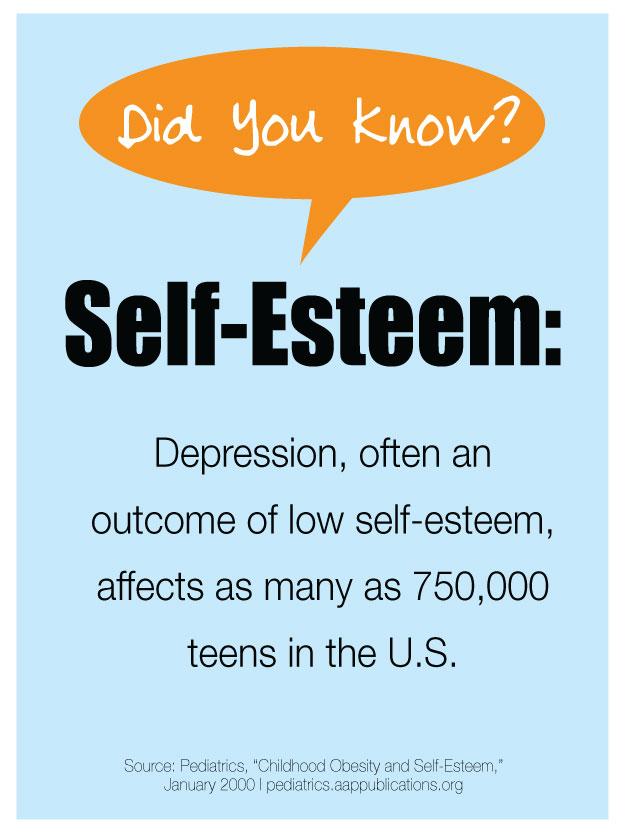
Children Need Healthy Self Esteem

Children Need Healthy Self Esteem Think self esteem doesn't matter? Think again, according to experts who report that maintaining a healthy self of self esteem is particularly critical for kids.
Why? Children who think poorly of themselves are poor problem solvers. They often worry that they are not doing things right or that they are "no good" at things.
Kids who know their strengths and weaknesses and have a positive sense of self do a better job managing conflicts and resisting negative pressures, according to mental health professionals.
And what they think of themselves today, sticks with them well into life.
When success follows a child's effort, he becomes more persistent.
Similarly, when failure follows multiple attempts, a child begin to feel deflated and incapable of achievement.


The following behaviors are reflective of poor self esteem:
- Hesitant to try new things
- Negative feelings about themselves
- Low tolerance for frustration
- Gives up easily
- Overly critical of themselves
- Easily disappointed
Worth Talking About
Worth Talking About

PE can help build a child's self-esteem
Self esteem is the protective armor we shield ourselves in to face life's daily challenges.
Take Action
Take Action
...at School

How Teaching Girls to Brand Builds Confidence
Bragging Rights?
Don't be too boastful. That's the message many U.S. parents heard as they were growing up. But is it the right message to give our kids today.? Watch this NBC news report detailing why boasting about accomplishments may actually help your kids build critical self-esteem.
Take Action
...in the Community
How To Assess Your Child's Self-Esteem
Assessing your child's self-esteem: What's normal and when should you worry?
Self-esteem, a popular construct used to describe an individual's inner experience, has two parts: how you define yourself, and how you evaluate yourself. It's easier to evaluate your own experience than someone else's subjective experience, even your own child. Here are some signs of healthy self-esteem, some examples of when you should be concerned about your child's self-esteem, and how you can help them develop healthy self-esteem.
Warning: count(): Parameter must be an array or an object that implements Countable in C:\inetpub\webroot\theweigh\templates\protostar\html\com_k2\pg_content\category.php on line 265






